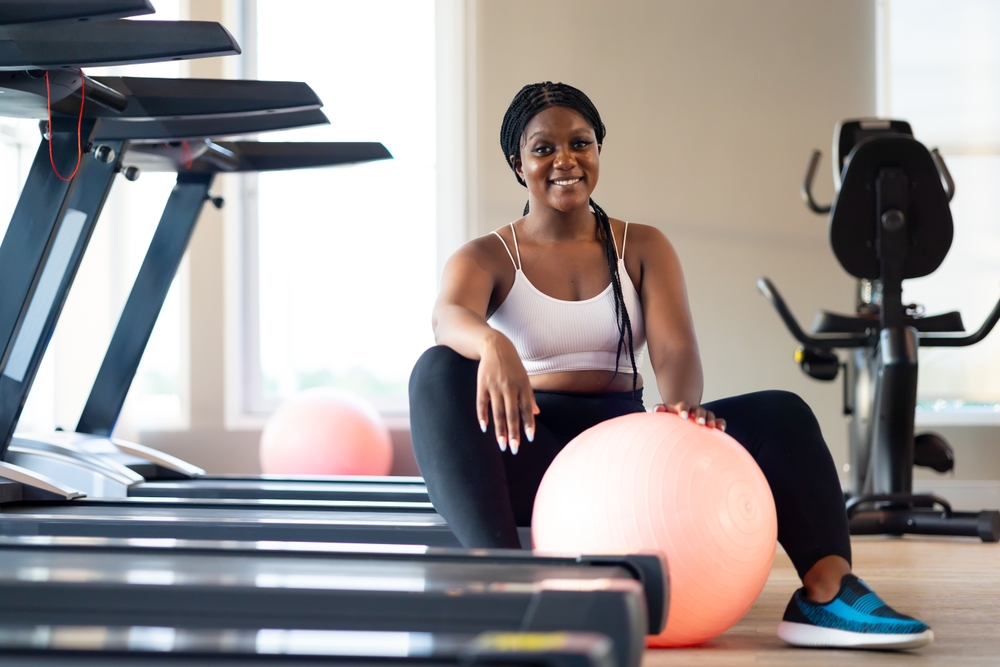You’ve been grinding at the gym for months. Protein shakes, progressive overload, perfect form—you’re doing everything right. So why aren’t you seeing the results you expected? The answer might be hiding in plain sight, between the sheets.
The midnight muscle factory
While you’re dreaming about winning the lottery or flying over mountains, your body is hard at work turning your workout efforts into actual gains. Sleep isn’t just downtime—it’s prime time for physical transformation.
When you drift into deep sleep, your body releases its most potent dose of growth hormone. This isn’t just any hormone—it’s the magic elixir that repairs muscle tissue, strengthens bones, and even burns fat. Think of it as your body’s natural performance enhancer, and it only gets released in significant amounts during quality sleep.
The numbers tell the story. After a good workout, your muscle fibers develop microscopic tears. During deep sleep, your repair rate can spike up to 300% compared to waking hours. That means the eight hours you spend in bed might be doing more for your physique than the one hour you spend pumping iron.
The testosterone connection
Let’s talk about testosterone—and yes, this applies to women too. This hormone is crucial for building lean muscle mass, regardless of your gender. When you skimp on sleep, your testosterone levels take a nosedive.
Just one week of poor sleep can drop your testosterone production by 10-15%. To put that in perspective, that’s like aging approximately ten years overnight. No pre-workout supplement or protein powder on the market can compensate for that kind of hormonal handicap.
What’s worse, when testosterone decreases, cortisol—your body’s primary stress hormone—increases. Cortisol is essentially kryptonite for your fitness goals. It breaks down muscle tissue, increases fat storage, and crushes your workout motivation. That extra set of bench presses won’t do much good if your hormones are actively working against you.
Recovery isn’t optional
There’s a reason professional athletes prioritize sleep above almost everything else. LeBron James famously gets 12 hours of sleep during the season. Roger Federer aims for 10-12 hours nightly. These elite performers understand what many gym enthusiasts miss—recovery isn’t just nice to have, it’s essential.
Every time you exercise, you’re essentially creating a problem that your body needs to solve. You damage muscles, deplete energy stores, and stress your central nervous system. These aren’t bad things—they’re necessary triggers for improvement. But the improvement itself? That happens almost exclusively during rest.
When you cut sleep short, you interrupt this process. It’s like baking a cake but taking it out of the oven halfway through—you’ve done the work of mixing ingredients but missed out on the transformation.
The hunger games
Ever notice how your cravings go haywire after a poor night’s sleep? That’s not a coincidence, and it’s not just psychological. Sleep deprivation messes with your hunger hormones in ways that can quickly undermine your nutrition plan.
When you’re sleep-deprived, your body produces more ghrelin, the hormone that signals hunger. At the same time, it produces less leptin, the hormone that signals fullness. This double-whammy creates the perfect storm for overeating.
Research shows that people who sleep less than six hours consume an average of 300 additional calories the next day—typically from high-carb, high-fat comfort foods. Over time, those extra calories add up, potentially erasing the calorie deficit you’ve been carefully maintaining through diet and exercise.
Performance plummets
Even if you manage to drag yourself to the gym after a poor night’s sleep, your workout quality takes a serious hit. Reaction time slows, coordination suffers, and perceived exertion skyrockets—meaning everything feels harder than it should.
One study found that just one night of poor sleep reduced maximum bench press, leg press, and deadlift by 20%. That means your typical 200-pound bench press might drop to 160 pounds—not because you’ve gotten weaker overnight, but because your nervous system can’t fire efficiently.
The mental side suffers too. Sleep deprivation reduces motivation and increases perceived effort. That voice in your head telling you to quit gets louder when you’re tired. Even if you push through, your form typically suffers, increasing injury risk.
The sleep-fitness formula
So how much sleep do you actually need to maximize your fitness results? While individual needs vary, research consistently points to 7-9 hours for most adults. Athletes and those training intensely often benefit from the higher end of that range or even more.
Quality matters as much as quantity. Your body needs to cycle through different sleep stages to get the full recovery benefits. That means uninterrupted sleep in a cool, dark room without the disruption of alcohol, caffeine, or blue light from devices.
Timing matters too. Your body repairs different systems at different times during the night. The first half of your sleep cycle focuses more on deep sleep, when growth hormone is released. The second half features more REM sleep, which helps with mental recovery and learning new movements.
Building a pro-gains sleep routine
Ready to take your sleep as seriously as your workouts? Start by creating a consistent schedule—going to bed and waking up at similar times, even on weekends. Your body thrives on routine.
Create a proper sleep environment. Your bedroom should be cool, dark, and quiet—like a cave. Invest in your sleep surface—a good mattress and pillow can make a dramatic difference in sleep quality.
Develop a wind-down ritual. About an hour before bed, dim the lights and put away electronics. Try light stretching, reading, or meditation to signal to your body that it’s time to shift into recovery mode.
Consider tracking your sleep just like you track your workouts. Many fitness trackers now monitor sleep duration and quality. Look for patterns in how different behaviors affect your sleep, and adjust accordingly.
The 30-day sleep challenge
For the next month, try this experiment. Keep your training and nutrition exactly the same, but prioritize eight hours of quality sleep each night. Take notes on how your energy levels, performance, and recovery change.
Many people find they can actually reduce their training volume while improving results when sleep quality increases. That’s the efficiency of working with your body’s natural processes instead of fighting against them.
Remember, the real transformation doesn’t happen during your workout—it happens while you’re sleeping. Your time under the barbell matters, but your time under the covers might matter even more.


















